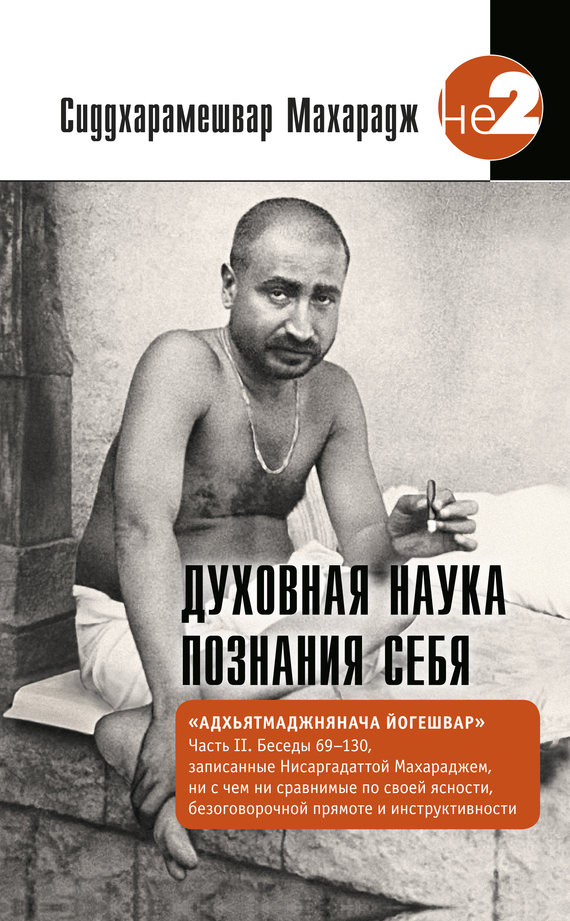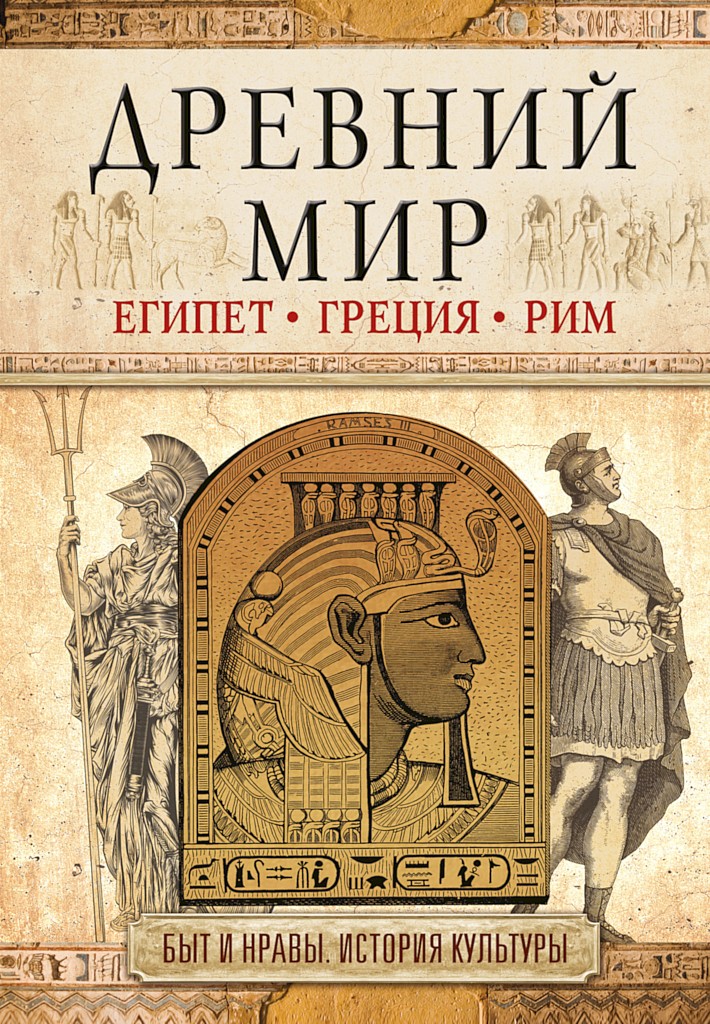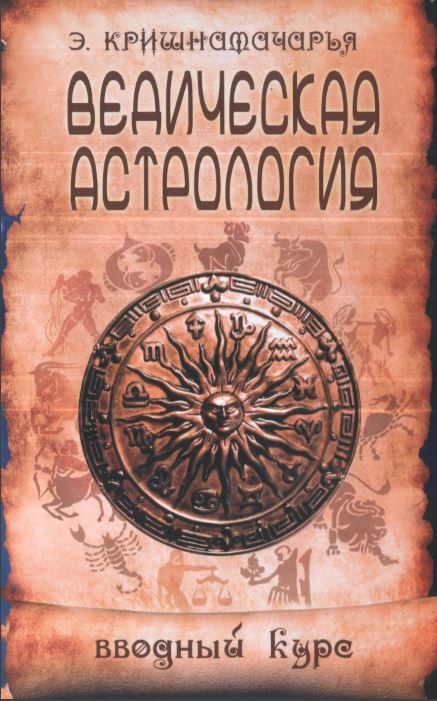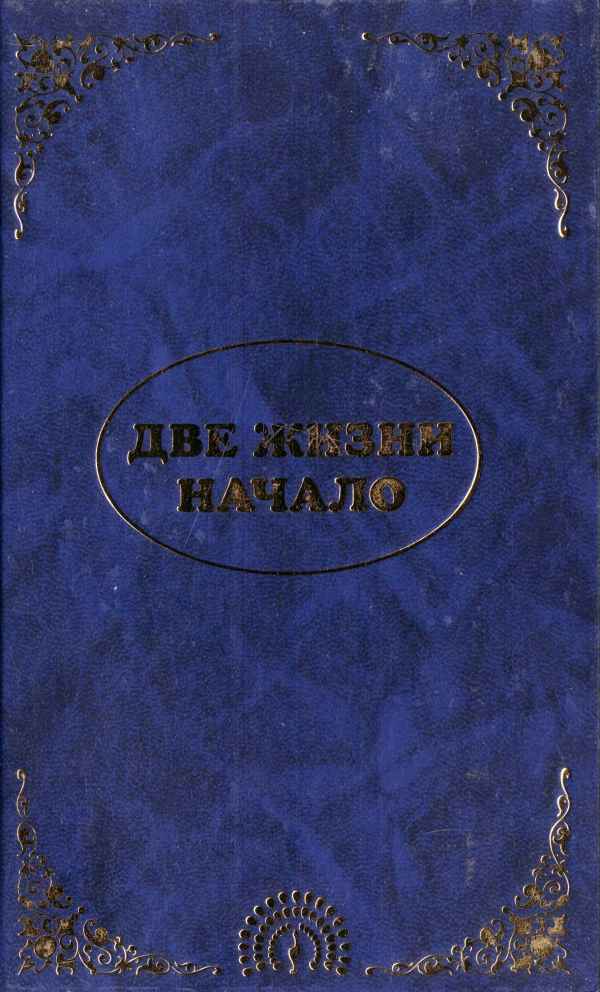Книга Византийская астрология. Наука между православием и магией - Пол Магдалино
Читать книгу Византийская астрология. Наука между православием и магией - Пол Магдалино полностью.
Шрифт:
-
+
Интервал:
-
+
Закладка:
Сделать
Перейти на страницу:
Перейти на страницу:
Книги схожие с книгой «Византийская астрология. Наука между православием и магией - Пол Магдалино» от автора - Пол Магдалино:
Комментарии и отзывы (0) к книге "Византийская астрология. Наука между православием и магией - Пол Магдалино"












